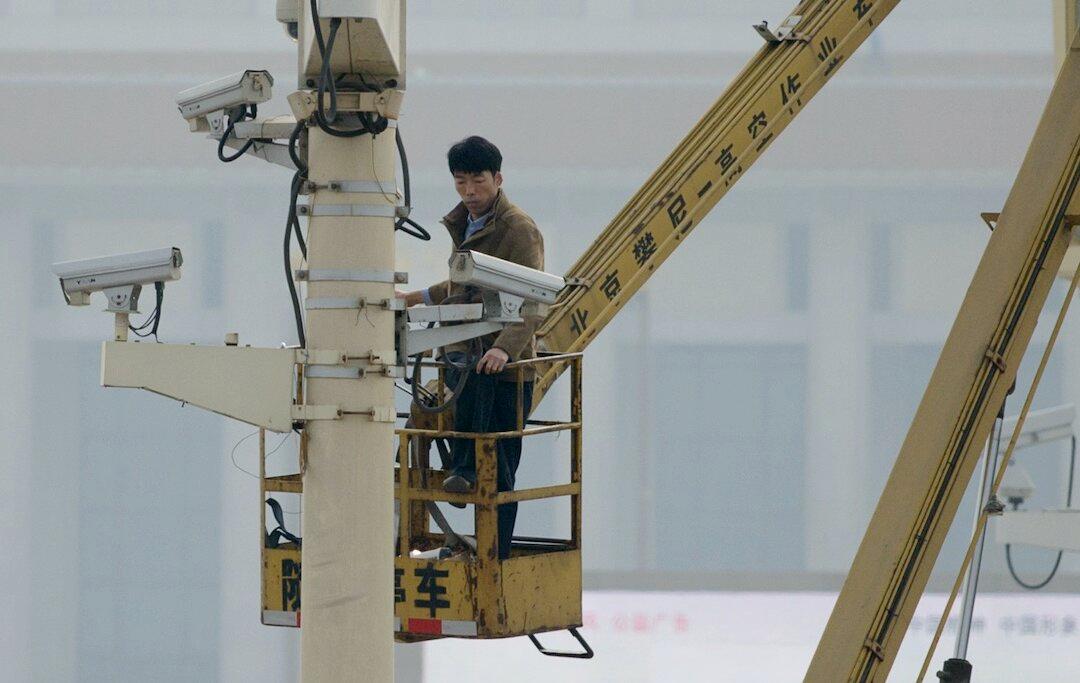When a former Chinese Communist leader does not take part in the formulaic arrangements for the funeral of a high-ranking Party official, people notice.
On Jan. 15 the former party secretary of northwestern China’s Shaanxi Province, Bai Jinian, passed away at the age of 89. Following the announcement, state news media reported a list of high-level authorities and former high-level leaders who had sent their condolences on Jan. 19, the day of the funeral. Yet the names of former Chinese Communist Party (CCP) general secretary Jiang Zemin and his close ally, former vice chairman Zeng Qinghong were absent from the list.
Officials' public appearances are often seen as a weathervane of the current political situation.




